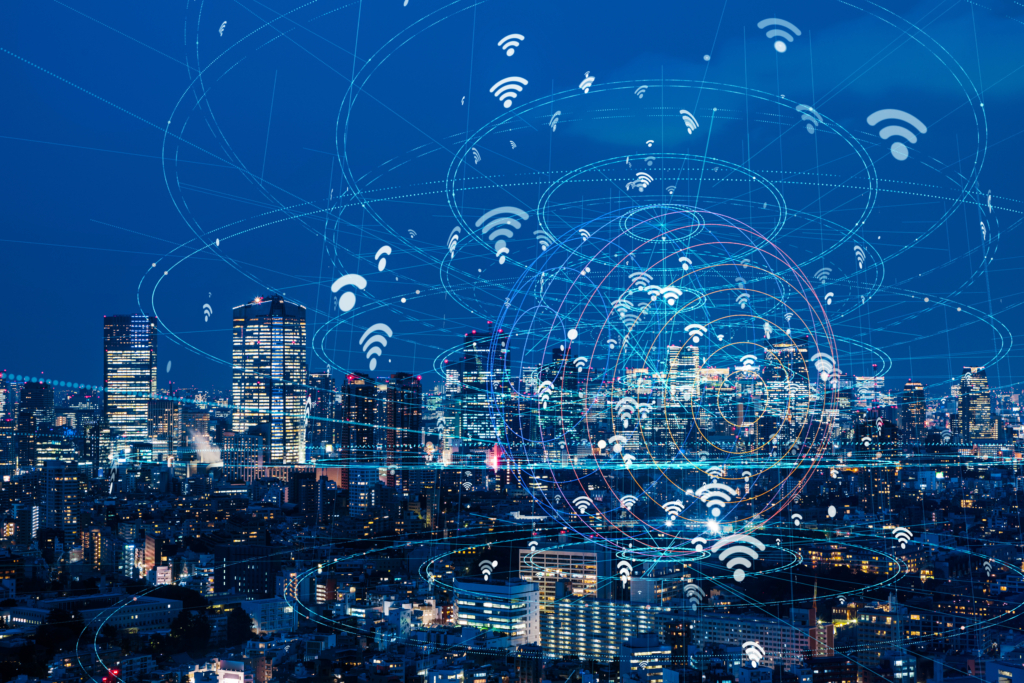The internet, a revolutionary invention of the 20th century, has transformed the way we live, work, and communicate. It has become an integral part of modern life, connecting billions of people across the globe. However, as its influence continues to grow, the debate over whether the internet is ultimately good or bad remains a contentious topic. The truth is, the internet is a double-edged sword—it brings immense benefits but also poses significant challenges. Let’s explore both sides of the argument to better understand its impact on society.
The Good: How the Internet Has Changed the World for the Better
- Access to Information and Knowledge
The internet is often referred to as the “great equalizer” of knowledge. It provides instant access to an endless repository of information, empowering individuals to learn, grow, and make informed decisions. From online courses to academic research, the internet has democratized education, making it accessible to people regardless of their location or socioeconomic status. - Global Connectivity and Communication
The internet has bridged geographical gaps, enabling people to connect with friends, family, and colleagues across the world in real-time. Social media platforms, email, and messaging apps have revolutionized communication, fostering relationships and creating opportunities for collaboration on a global scale. - Economic Opportunities and Innovation
The internet has given rise to new industries, businesses, and job opportunities. E-commerce platforms like Amazon and Etsy have allowed entrepreneurs to reach global markets, while freelancers and remote workers can now offer their services to clients worldwide. Additionally, the internet has fueled innovation, from artificial intelligence to renewable energy solutions, driving progress in countless fields. - Convenience and Efficiency
From online banking to grocery delivery, the internet has made everyday tasks more convenient and efficient. It has streamlined processes, reduced paperwork, and saved time, allowing people to focus on what truly matters. - Social Awareness and Activism
The internet has become a powerful tool for raising awareness about social, political, and environmental issues. Movements like #MeToo and #BlackLivesMatter gained momentum through online platforms, amplifying voices that might otherwise have been ignored. The internet has empowered individuals to advocate for change and hold institutions accountable.
The Bad: The Dark Side of the Internet
- Privacy and Security Concerns
One of the most significant downsides of the internet is the erosion of privacy. With the rise of data breaches, hacking, and surveillance, personal information is increasingly vulnerable. Companies often collect and monetize user data without explicit consent, raising ethical concerns about how our information is used. - Cyberbullying and Online Harassment
The anonymity of the internet has given rise to cyberbullying, trolling, and online harassment. Social media platforms, while connecting people, have also become breeding grounds for hate speech, misinformation, and toxic behavior, leading to mental health issues for many users. - Spread of Misinformation and Fake News
The internet has made it easier than ever to spread false information. Fake news, conspiracy theories, and propaganda can go viral within minutes, influencing public opinion and even election outcomes. This erosion of trust in reliable sources of information is a growing concern. - Addiction and Mental Health Issues
The constant connectivity of the internet has led to addictive behaviors, particularly with social media and online gaming. Excessive screen time has been linked to anxiety, depression, and sleep disorders, especially among younger generations. - Digital Divide and Inequality
While the internet has the potential to empower, not everyone has equal access to it. The digital divide—the gap between those who have access to the internet and those who don’t—exacerbates existing inequalities. Rural areas and developing countries often lack the infrastructure needed to benefit from the internet’s opportunities. - Exploitation and Illegal Activities
The internet has also become a hub for illegal activities, including cybercrime, human trafficking, and the sale of illicit goods. The dark web, a hidden part of the internet, is particularly notorious for facilitating such activities.
Striking a Balance: The Internet as a Tool
The internet itself is neither inherently good nor bad—it is a tool, and its impact depends on how we use it. Like any powerful tool, it can be used to create, connect, and inspire, but it can also be misused to harm, exploit, and divide. The responsibility lies with individuals, governments, and corporations to ensure that the internet is used ethically and responsibly.
Governments must implement regulations to protect user privacy and combat cybercrime. Tech companies should prioritize transparency and accountability in their practices. And as individuals, we must cultivate digital literacy, critical thinking, and mindfulness in our online interactions.
Conclusion
The internet is a reflection of humanity itself—a mix of good and bad, progress and challenges. Its potential to improve lives is undeniable, but so are the risks it poses. Rather than labeling it as purely good or bad, we should focus on maximizing its benefits while mitigating its harms. By fostering a culture of responsibility and innovation, we can ensure that the internet remains a force for good in an increasingly connected world.


